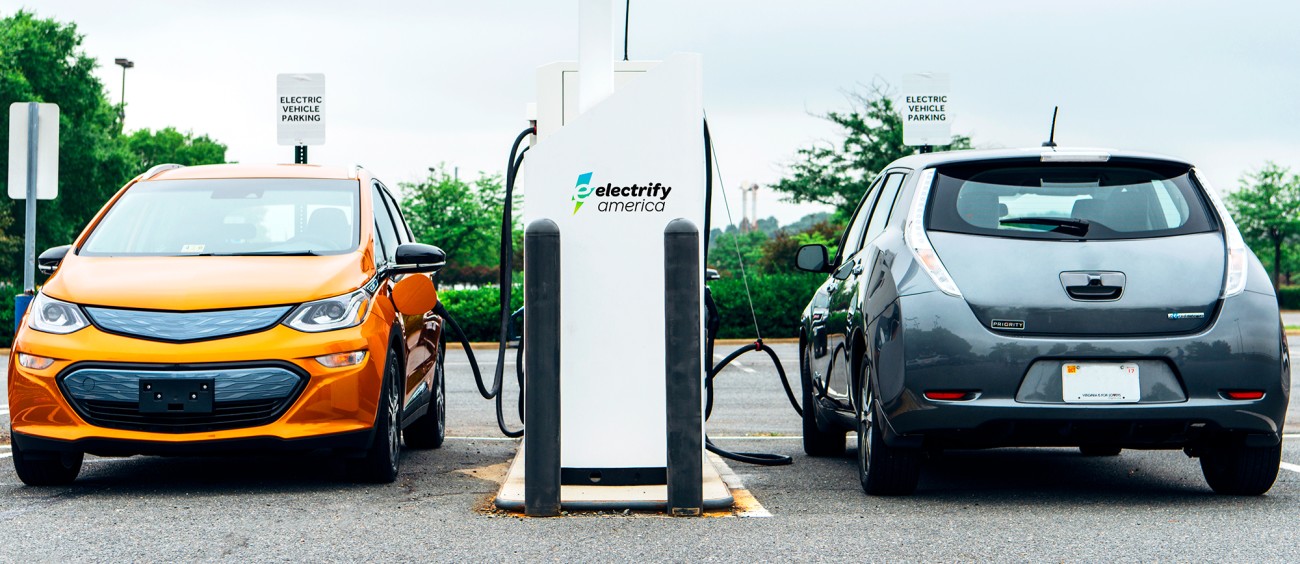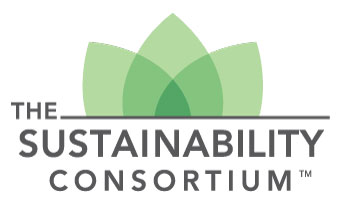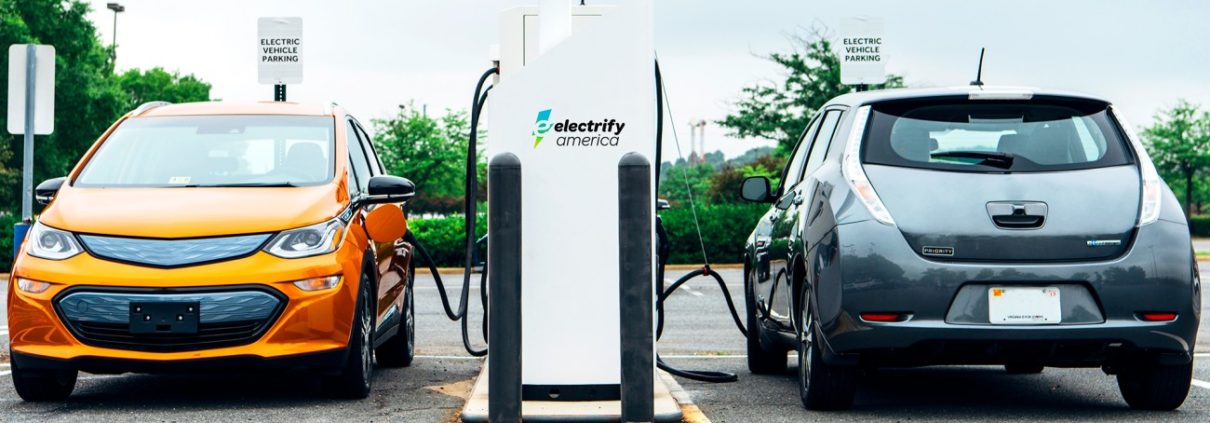Walmart Announces 20 MMT of Supplier Emission Reductions through Project Gigaton; Unveils Plans for Expanding Electric Vehicle Charging Stations and Doubling U.S. Wind and Solar Energy Use
News from Walmart Sustainability

Continued progress underlines company’s aspirational goal to reduce greenhouse gas emissions in its operations and value chain.
BENTONVILLE, Ark., April 18, 2018 – Today, Walmart announced that suppliers have reported reducing more than 20 million metric tons (MMT) of greenhouse gas emissions in the global value chain, as part of the company’s Project Gigaton initiative. Walmart launched Project Gigaton last April, seeking to work with suppliers to reduce emissions from the company’s value chain by a gigaton, or one billion metric tons, by 2030. The emissions reduction progress was shared at Walmart’s annual Sustainability Milestone Summit, where expanded commitments on solar and wind power, as well as electric vehicle (EV) charging stations, were also discussed.
“In its first year, Project Gigaton has helped to inspire action that has led to the avoidance of millions of metric tons of greenhouse gas emissions and has expanded into an international campaign that includes the participation of several hundred suppliers,” said Kathleen McLaughlin, senior vice president and chief sustainability officer for Walmart. “The early success of Project Gigaton parallels ongoing progress in our operational efforts that seek to double our U.S. renewable energy use and expand our customer electric vehicle charging hubs to retail outlets across more than 30 states.”
With the recent expansion of Project Gigaton in China and the U.K., more than 400 suppliers with operations in more than 30 countries have joined the program. Suppliers can commit to reductions in any of six pillars that include energy, agriculture, waste, packaging, deforestation and product use. Approximately 85 percent of the Project Gigaton emissions reductions reported by suppliers have focused their efforts on the energy and product use pillars, with projects devoted to areas such as renewable energy investments and the development of more efficient products.




